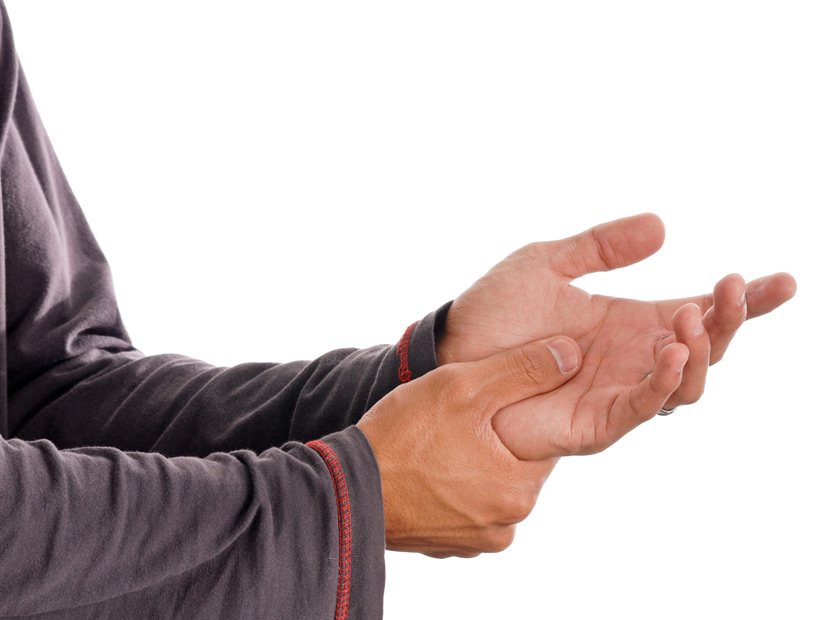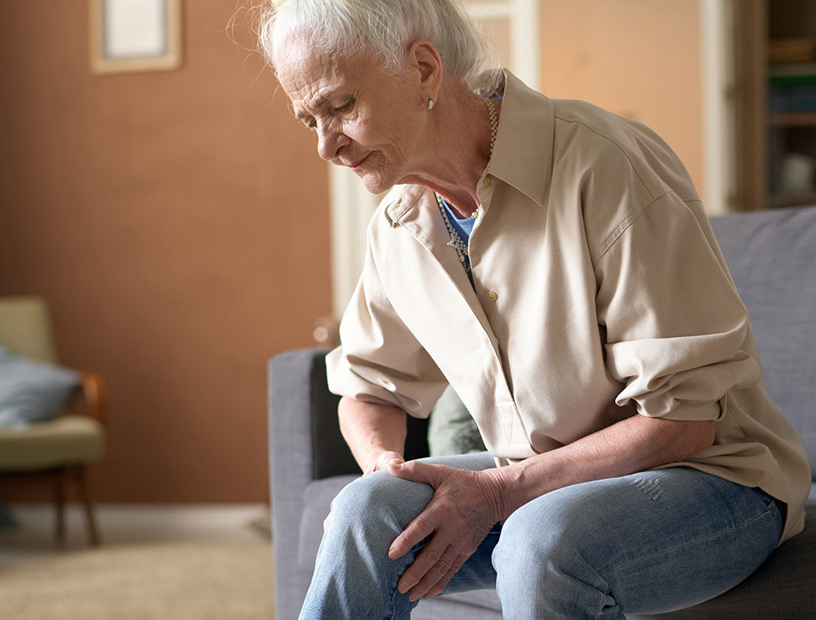
Visiting an orthopedic specialist who understands pain management is helpful for arthritis.
- Juvenile arthritis
- Ankylosing spondylitis
- Septic arthritis
- Gout
- Rheumatoid arthritis
- Osteoarthritis
- Still’s disease
Causes
Medical researchers are still trying to understand all of the causes of arthritis. Some types of arthritis are common in family groups, and an individual may display symptoms of this joint disease in infancy or childhood.
However, the majority of patients are adults, and the elderly population is more likely to develop arthritis in their knees and hands. In addition, joints that have wear and tear typically are the ones that are arthritic. These joints are usually located in these areas of the body:
Knees
Hips
Ankles
Wrists
Shoulders
Fingers
If an individual breaks a bone or damages a joint, then it is more likely to become arthritic later. Medical studies reveal that rheumatoid arthritis is an autoimmune disorder that leads to the human body’s immune system attacking its own cartilage and bones. Occasionally, bacteria will enter a joint, leading to infectious arthritis that requires immediate medical attention.
Symptoms

The first symptom that an arthritis sufferer notices is chronic pain that primarily occurs after sleeping. The pain associated with arthritis can make daily living difficult, but there are also other symptoms that include:
- Tenderness around the affected joints
- Muscular pain near the arthritic joints
- Inability to sleep due to chronic pain
- Unexplained loss of weight
- Chronic fatigue
- A feeling of malaise
- Inability to stand or walk
- Swelling around the arthritic joints
- Loss of flexibility
- Muscular weakness
- Loss of stamina
Chronic arthritis is the most common form of disability worldwide, making it impossible for individuals to live a normal lifestyle. In addition to the primary symptoms from arthritis, it is possible to have secondary problems that can include:
- Frequent canker sores in the mouth or on the lips and tongue
- Inflammation of the eyeball
- Digestive issues such as constipation or diarrhea
- Inflammation of the bursae
- Fluid retention in the body’s tissues
- Inflammation of the tendons
- Swollen lymph nodes
- Inflammation of the urethra
- Vascular lesions
- Nodules near an arthritic joint

Treatments
Unfortunately, there is no cure for the two most common types of arthritis that include osteoarthritis or rheumatoid arthritis. The good news is that an orthopedic specialist can help a patient manage their pain by prescribing medications, designing supportive orthotics or providing therapies. Here are some of the treatments a physician can offer:
- Exercise programs to lose weight and gain flexibility
- Physical or occupational therapy
- Customized braces or orthotics to reduce discomfort
- Anti-inflammatory medications and analgesics
- Arthroscopic surgery to repair joints
- Joint replacement surgeries for the knees or hips
Some orthopedists are generalists who provide care for several joints in the body while other orthopedists focus on treating one part of the body such as the feet. At our office, you will find that we provide knowledgeable treatments for all types of arthritis.
on caring for specific orthopedic needs.
